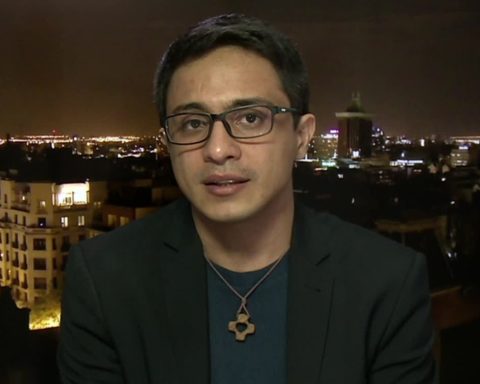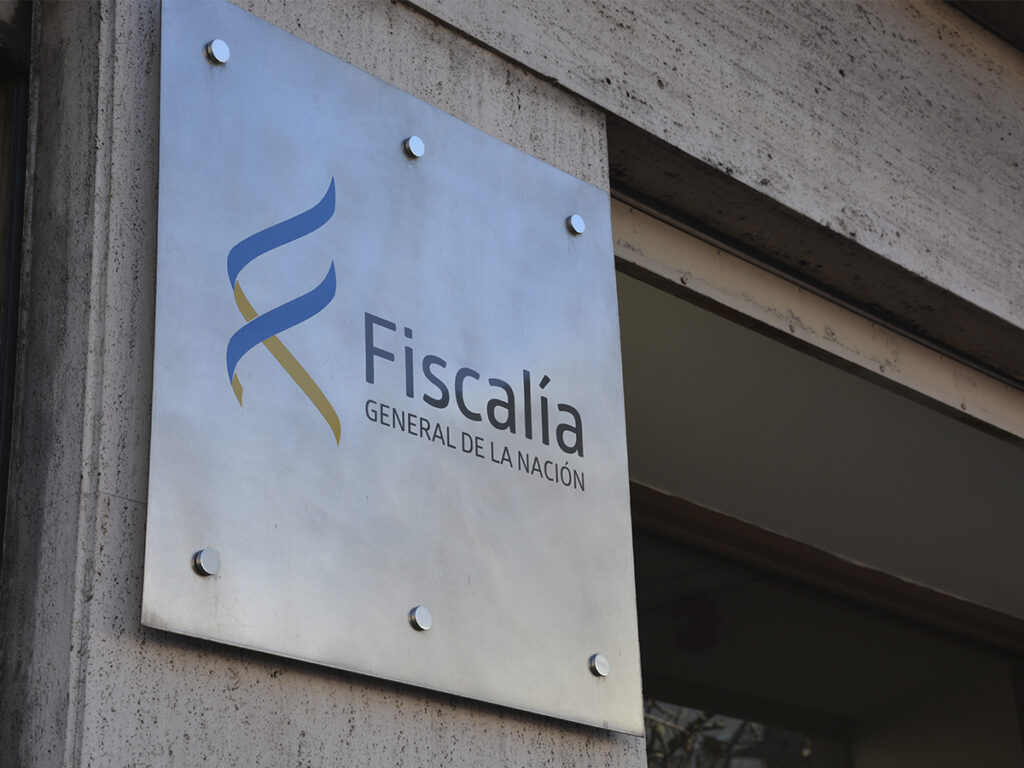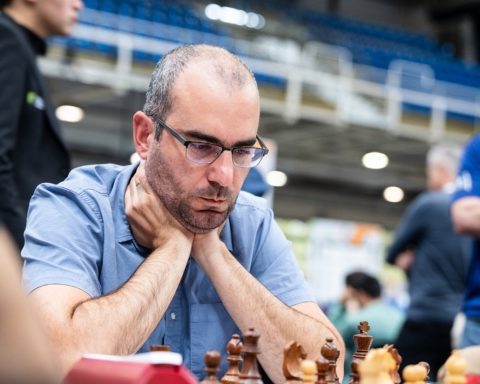
In Science there are what are called “negative definitions”, which are propositions that try to explain certain concepts or phenomena but from what they are not. Thus, for example, a negative definition of “peace” is to describe it as the absence of war. A negative definition of “life” is to conceive of it as the opposite of death.
In psychological science, there are also personalities that are constructed by negative definition, but these belong to the field of psychopathology or behavioral health disorders. They are weak personalities, unable to develop their identity on the basis of self-affirmation, and who need another as an existential reference. They are sad, insecure, structurally unstable subjects, because lacking the ability to define themselves, they only find meaning through opposition or denial to others. If they are something, it is in opposition to something else. They are the “anti” personalities, who when describing their behavior always put that inseparable Greek prefix that denotes opposition or antagonism. Thus, if asked what they are, the first answer is negative: they are anticlerical, anti-Semitic, anti-religious, anti-imperialist, anti-regulatory, anti-progressive, anti-political, anti-party, or any “anti” that gives meaning to their existence. Without an “anti” to define them, they are simply nobody.
If this speaks ill of the character structure of an individual person, when this negative definition is transferred to a political group, the thing becomes more serious and relevant. Such is the case of the representatives of the current Venezuelan oligarchy in power. Not only do the “anti” abound in the self-definition of our powerful in power, the one that they themselves write in their pamphlets and “proclamations” to describe themselves and explain their ideology, but their speech and behavior are a gigantic flower shop of negativity and pathological need to confront someone.
Do you want to take the test? Try to listen to any of our official bureaucrats for more than 5 minutes. Pick them randomly. Anyone works. Make the sacrifice to listen to them, and you can bet what you want that before the time is up, you will have already heard some insult or derogatory reference to anyone other than themselves. It seems that, like adolescents who suffer from unhealthy crushes, they cannot live without thinking, speaking or referring to the other, even if it is to insult him. They behave like priests of an eminently negative political sect, that is, ideological modalities that feed on attacking the other to try to justify their existence.
This existential and pragmatic need for antagonism manifests itself not only in their discourse, but also in their conduct and political practices. If those affected by the government’s inaction decide to march as an expression of their legitimate protest, let’s say due to the absence of public services or the violation of fundamental rights, then the oligarchy orders an official “counter-march” to try to confront it. If the people decide to vote for a superior option, they are described by those in power as “traitors to the country” and they try any measure of punishment or penalty for having “sold out to the enemy.” If, due to the corruption of the government and its friends, the population is without electricity, the most important thing for the ruling political class is not the solution of the problem but who to blame for it. And if an oil facility catches fire due to inefficiency and lack of maintenance, even the rulers of neighboring countries appear in the official discourse as being responsible.
None of this, of course, is neither new nor Venezuelan. Political science literature describes fascism as a doctrine of domination, among whose main features is the permanent attempt to simplify the social complexity of problems through the convenient identification of an enemy. Thus, fascism cannot exist without the presence, real or imaginary, of that enemy -the representative of “evil”- whose existence justifies and legitimizes the policies of the powerful and seeks to feed loyalty in the collective imagination.
Without the “enemy”, the one that constantly invents itself and without which it cannot live, fascism is left naked in its political indigence. It only serves to, by suffering it, know which is the path that leads to misery and the oppression of the majority.
@angeloropeza182

















